Regional Work and Organisational Resilience Sturt Group
Discovering the benefits of community connections for resilience and disaster preparedness
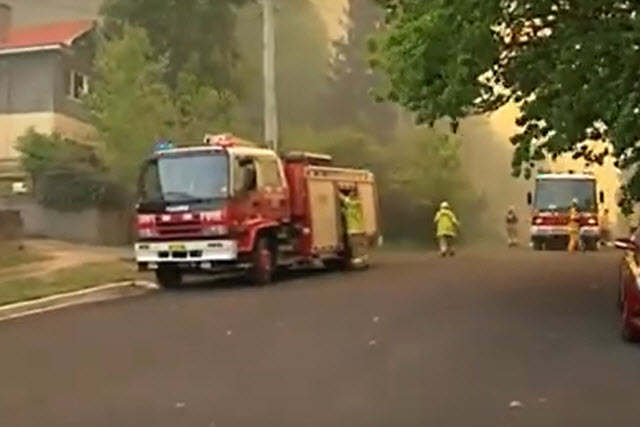
Valerie Ingham and Sarah Redshaw have been working with the Blue Mountains community to research community connections and document experiences since the catastrophic 2013 bushfires. Key insights include the benefits of connecting organisations such as emergency services, councils and neighbourhood centres.
In collaboration with NSW Ambulance, we are undertaking a pilot study to understand the effects of body worn cameras by paramedics.

This research is being conducted in collaboration with and funded by NSW Ambulance. The purpose of this study is to understand the effects of body worn cameras on the levels of occupational violence and workplace wellbeing experienced by paramedics.
Currently the pilot is closed for expression of interest from members of the NSW Ambulance. More information on the findings to come once complete.
A process for a pilot program to introduce BWCs to the NSW Office of the Sheriff.

In 2023 the Regional Work and Organisational Resilience (RWOR) Research Group at Charles Sturt University was commissioned to develop, through co‐design, an evaluation process for a pilot program to introduce Body Worn Camera's (BWC) to the NSW Office of the Sheriff.
A multidisciplinary team from the Science, Education and Business Faculties is conducting a scoping review in partnership with Three Rivers UDRH and Torrens University.
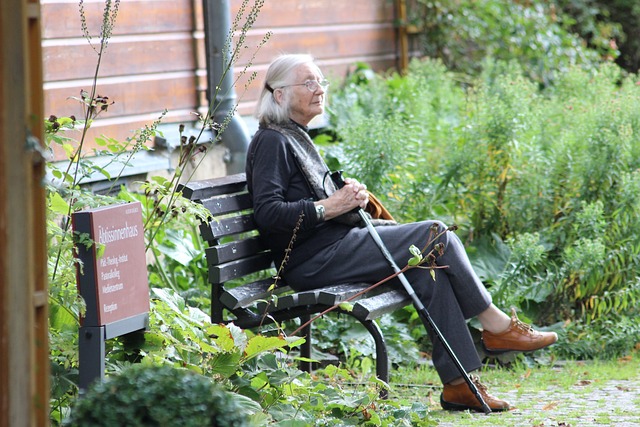
This is an initial investigation to understand what is known about the barriers and enablers for allied health workers working in aged care and adult disability in rural and regional Australia. Having identified the needs the team will seek to identify ways to support allied health workers and in doing so to increase access to allied health in rural and regional Australia
In partnership with Baptist Care Murrumbidgee, we are investigating the impact of extreme heat on the delivery of home care services.
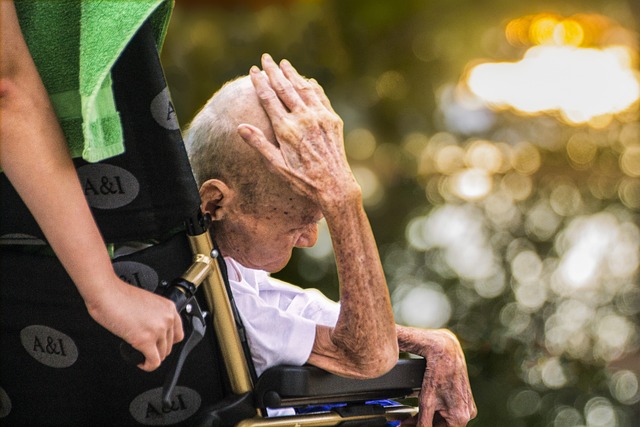
This project emerged from discussions about the implications of climate change on the aged care workforce during the first Symposium delivered by the RWOR group. The project, funded by Baptist Care and the RWOR group, brings together a multi-disciplinary team with expertise in health, aging, environmental science, business and human resources. The aim is to understand the impacts of heat, how to mitigate the risk of heat stress injury and, importantly, how to use mitigation strategies to reduce this risk in the workplace. This project is now funded by the Rural Health Research Institute (RHRI).
The Resilient Villages (RV) project supports community-led responses to disaster recovery in the Blue Mountains.
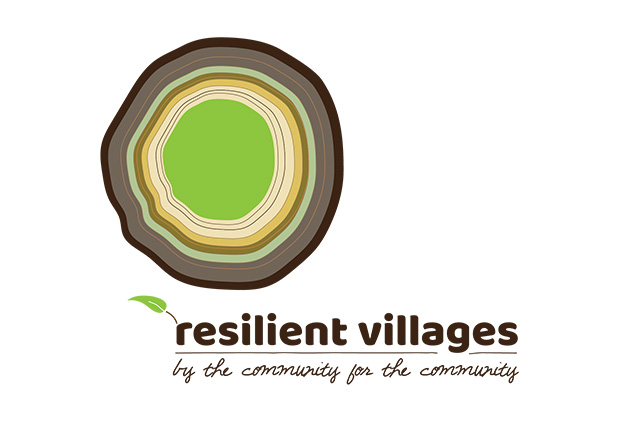
The Resilient Villages - Pilot Project centres on community-led responses to disaster recovery and adaptation. It draws together current and planned individual village-based initiatives and assists each participating community in developing a local community-led Resilience Action Plan.
The Resilient Villages - Community Development Team consists of skilled community development workers who assist with coordination, capacity and capability building and support for each participating community.
The Resilient Villages - Research Team includes senior academics from Charles Sturt University’s Regional Work and Organisational Resilience (RWOR) research group and The University of Sydney. Their expertise spans social work, policy studies, communications, and emergency management. They bring strong research skills in Participatory Action Research as well as qualitative, quantitative, and ethnographic research.
The Emergency Services Foundation (ESF) has been funded by WorkSafe WorkWell.
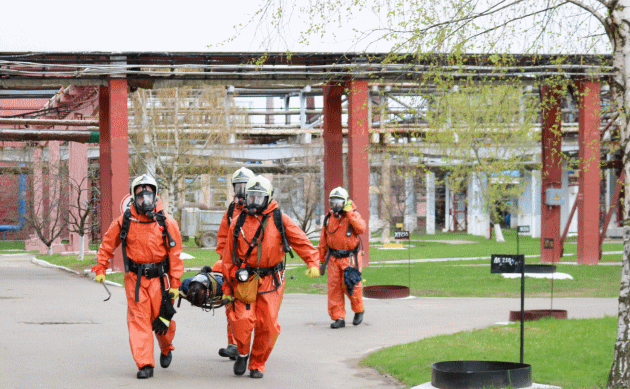
The Emergency Services Foundation (ESF) has been funded by WorkSafe WorkWell to:
Working with emergency management organisations, they have developed the Leading for Better Mental Health program, to address the identified gaps between mental health best practice and current agency activities. This unique program focuses on the needs of leaders of frontline teams who can have a significant impact on the management of workplace wellbeing.
The Charles Sturt RWOR team are working with ESF to evaluate the impact of the pilot Leading for Better Mental Health program on organisational practices and the mental, emotional and physical wellbeing of emergency service workers.
Research investigating COVID-19 impacts on workers and the community.
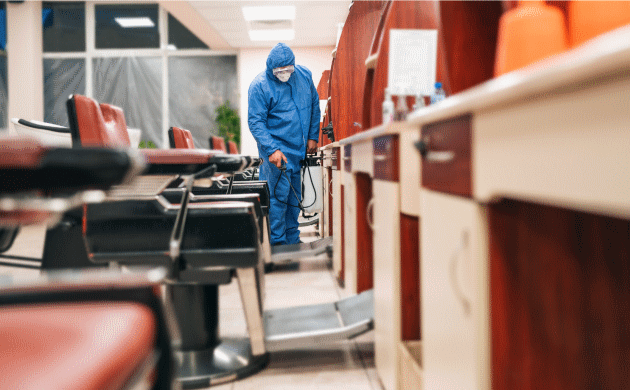
This project was funded from Charles Sturt University grant program to support communities during COVID-19 through socially relevant research. It investigated the impact of COVID-19 on police and paramedics from across Australia as well as child protection workers and health workers from one state of Australia.
The online survey included 1,542 frontline workers and investigated issues such as levels of stress, depression, anxiety and workplace burnout during the first 12 months of the COVID-19 pandemic. It also researched potential contributors to workplace wellbeing during the pandemic, examining issues such as family circumstances, workplace consultation and communication and support offered by peers, workmates, family and friends.
Investigating how women in regional Australia achieve sustainable careers in manual trades.
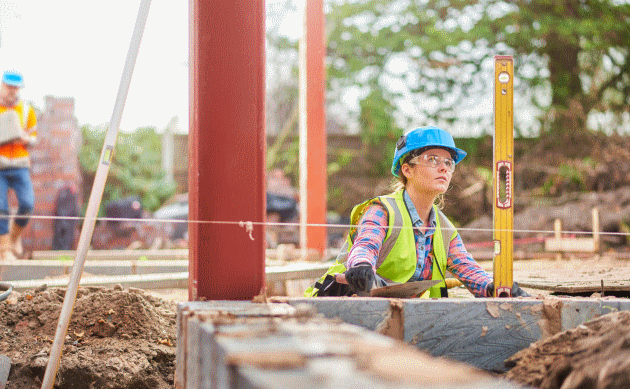
The aims of the Charles Sturt University “Women in Trades” project are to investigate areas that are fundamental to understanding how women, in regional Australia, achieve sustainable careers in the manual trades. It explores why and how women are recruited and retained in such occupations, how they contribute to productivity in the workplace and how these factors promote longevity and career satisfaction.
Our project explores the role of individual resilience, socio-cultural factors and workplace cultures in supporting women’s personal and professional success in the manual trades. Our research ultimately explores why some women prosper in jobs that are considered traditionally male-dominated, while others do not.
Currently we are partnering with Cadia Mines to undertake a survey of the experiences of tradeswomen in the mining sector, and with TradesWomen Australia to evaluate the impact of their CareersPlus program which aims to place women apprentices in male dominated trades in metropolitan and regional Victoria.